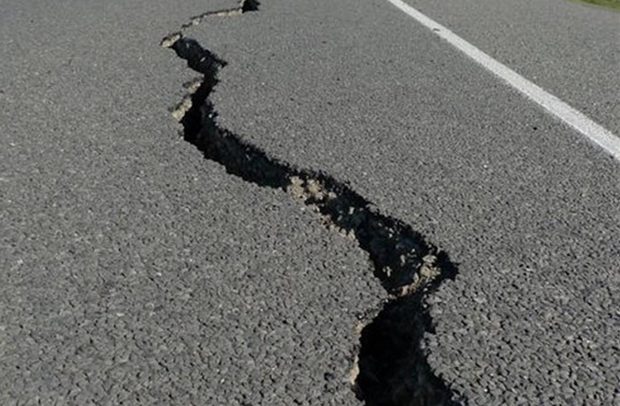Although the recent earth tremor to hit parts of Accra was to some extent too low on the Richter scale to be a cause for alarm, 2.8, the fact that we have had three or so within two months or so, there is the need for education about the subject.
Above all, there is the need for the Ghana Geological Survey Authority (GGSA) to continue to relay the necessary information to the citizens.
We have also learnt from the Ministry of Lands and Natural Resources that a robust earthquake preparedness strategy has been formulated. That is good news for residents of Accra.
The recent force majeure in Turkey and Syria, which incidents claimed some 50,000, is reason Ghanaians or nationals of any other country would panic when earth tremor no amount how minute is reported.
Above all, Accra has recorded earthquakes with devastating outcomes in the past, history tells us.
Most residents of Accra and for that matter the country as a whole do not even know that there has ever been such seismic occurrences with fatalistic outcomes.
Seismic fault lines are known to local seismologists, information which residents in such areas perhaps lack or could not care a hoot about.
The earthquakes which were experienced in the country could have taken place a long time ago, we nonetheless must listen to the experts about the type of structures to put up in places which are prone to the movement of the earth’s crust or places close to fault lines.
A few years ago when an earth tremor was reported in some parts of Accra, experts mentioned the names of places in the national capital which are prone to such movements.
Unfortunately, no part of Accra has been spared the craze for the construction of houses. Some storey buildings are springing up even on top of McCarthy Hill, a place which is said to be a fault line which runs down to other parts of Accra in a straight line.
We have hardly heard the GGSA advising against the putting up of certain grades of buildings at places prone to earth crust movements. We do know anyway that their voices would be drowned by the resistance of developers. Such persons would doubt that there would ever be an earthquake.
While we will pray against such geological phenomena, let us consider the recorded trends in the country so we would be better advised especially in this day and age of climate change.
The worst earthquake to hit the Gold Coast, 6.6 on the Richter Scale, was on June 22, 1939 in Accra in which 17 persons lost their lives, with 133 suffering injuries. One of such quakes occurred earlier in 1862 and claimed three lives.
On December 9, 2018, an earth tremor struck with a radius of ten kilometres, the epicentre being Weija.
On December 12, 2022, the phenomenon occurred thrice within five hours in Gbawe, Accra.
Preparing ourselves adequately against such force majeure entails understanding the subject and avoiding building inappropriate structures in places identified as fault lines.

